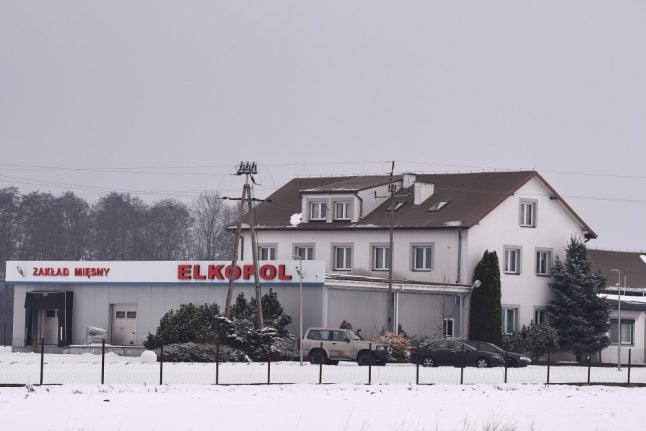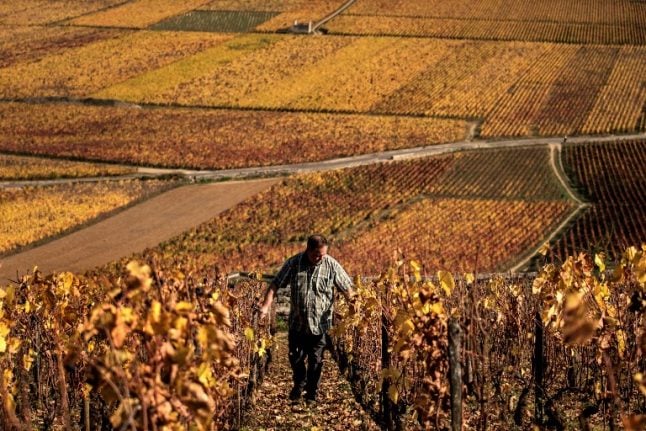“The remaining 145 kilos have been identified in lots prepared by wholesalers, butchers or restaurants,” a statement said.
In total, France imported 795 kg of meat from a Polish slaughterhouse where allegedly sick cows were butchered. Five hundred kilos were found and destroyed earlier and 150 kilos sold to consumers with the remaining 145 kilos unaccounted for until Saturday.
A ministry official told AFP that some of the remaining 145 kilos had already been sold.
“What is complicated is that the 145 kilos were mixed with meat of other origin” by a wholesaler.
“At this stage a few dozen restaurants and butchers' shops are concerned, mainly in the Paris region,” a statement said.
French Agriculture Minister Didier Guillaume has said nine French companies had been “duped” into importing beef from the Elkopol abattoir in Kalinowo, a village some 100 kilometres northeast of Warsaw.
Poland's chief veterinarian Pawel Niemczuk has confirmed that 2.7 tonnes of the suspect beef was exported to 13 EU countries. But Polish authorities have said the meat does not pose a health risk.
The slaughterhouse has been closed and a probe launched.
READ ALSO: France hunts for 800kg of suspect beef from sick cows





 Please whitelist us to continue reading.
Please whitelist us to continue reading.
Member comments